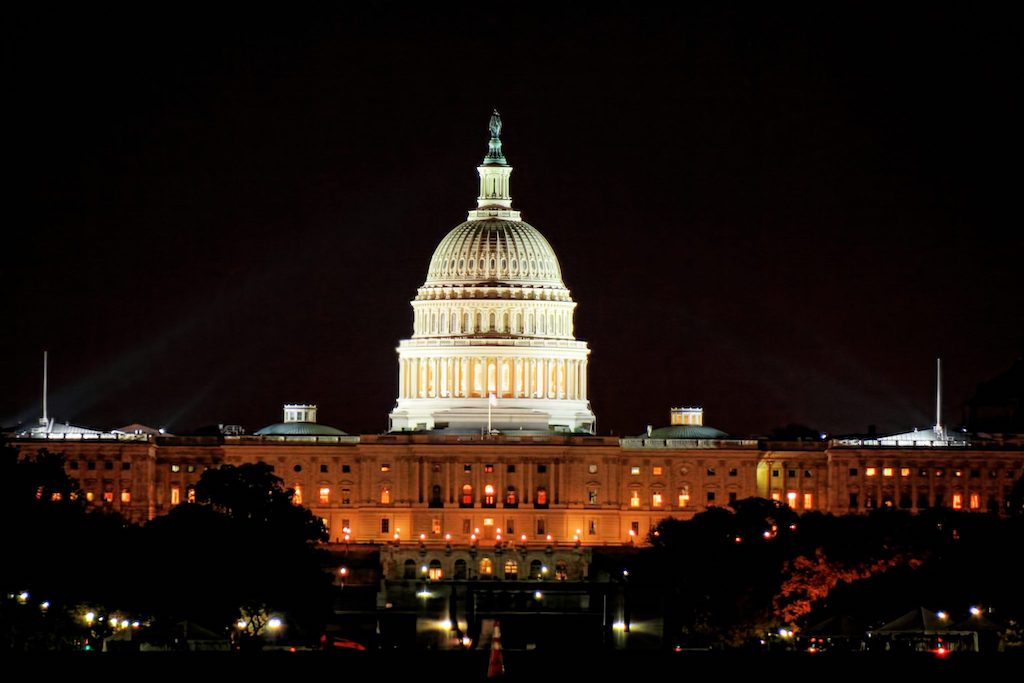What the Travel Industry Wants From the Next Round of U.S. Government Relief

Skift Take
No shortage of lobbying on the travel industry's behalf went into the CARES Act. But with another round of financial stimulus on the horizon, the work is far from over.
The CARES Act passed in late March was a historic piece of legislation, one that included many relief provisions for the travel industry. But now that the dust has settled — if not all the checks signed — the U.S. travel industry has identified many places where the legislation is insufficient or leaves out various corners of the industry.
Congress is currently battling over what is being referred to as "phase four" of economic stimulus. (The first two phases were much narrower in scope than the CARES Act, which was phase three). And thus, another lobbying effort is afoot to ensure the travel industry is not left out again in the next round of legislation.
“Congress must move swiftly to correct and supplement the CARES Act with additional rounds of aid,” President of the U.S. Travel Association Roger Dow said in a statement. “Travel-related small businesses will be vital leaders of an economic recovery, but first they need to survive until the point when travel demand returns. In order to make it, these businesses need to be able to access the resources that will enable them to keep the lights on and retain their em
